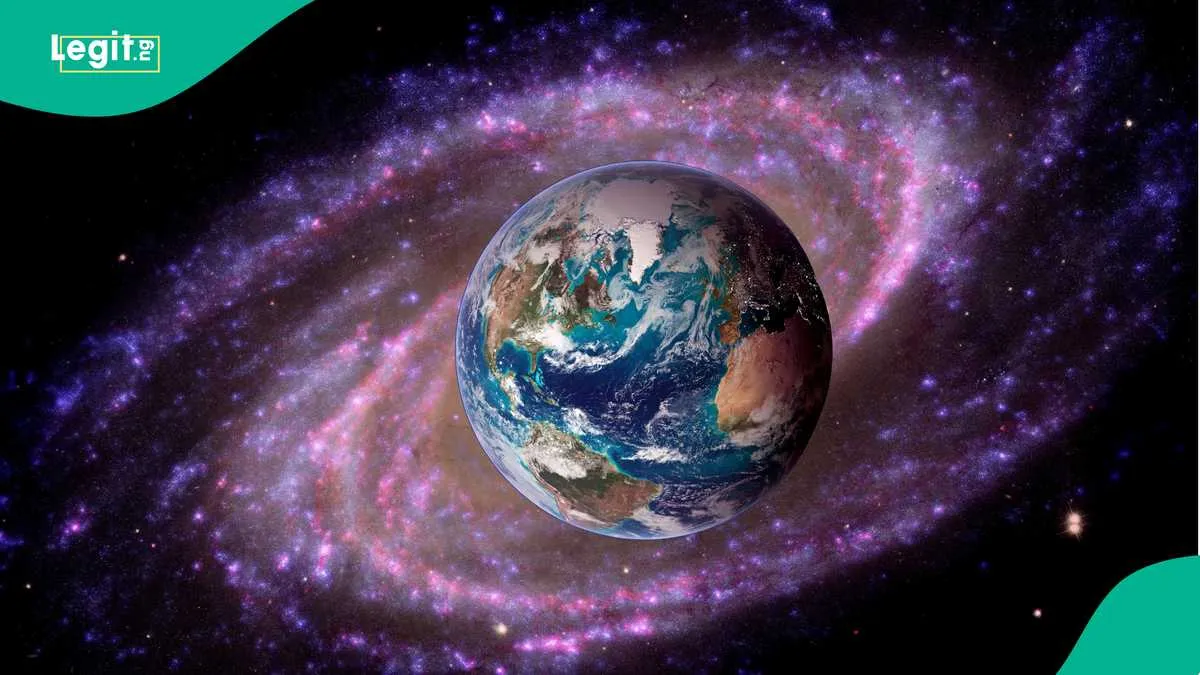
In a groundbreaking discovery, researchers at the University of Oxford have identified a 'super-Earth' planet named HD 20794 d, which may possess conditions conducive to sustaining life. This exoplanet, with a mass six times greater than that of Earth, orbits within the habitable zone of a star that bears similarities to our own sun.
Located approximately 20 light-years away from Earth, HD 20794 d is believed to be at an optimal distance from its host star to potentially sustain water on its surface. Dr. Michael Cretignier, a postdoctoral research assistant in the physics department at Oxford, expressed excitement about the proximity of the planet, stating, “This means there is hope for future space missions to obtain an image of it.” However, the planet's elliptical orbit, which differs from Earth's more circular path, raises questions about its ability to support life.
The journey to confirm the existence of HD 20794 d began in 2022 when Dr. Cretignier detected a potential signal while analyzing archived data from the High Accuracy Radial Velocity Planet Searcher spectrograph at La Silla Observatory in Chile. An international team of researchers subsequently analyzed two decades of observations, culminating in the confirmation of the planet’s existence. Dr. Cretignier reflected on this achievement, saying, “It was a huge joy when we could confirm the planet's existence, and a relief since the original signal was at the edge of the spectrograph's detection limit.”
Dr. Cretignier emphasized that HD 20794 d could play a pivotal role in future missions aimed at searching for biosignatures that could indicate the presence of life on distant planets. “I’m very enthusiastic to hear what other scientists can tell us about this newly discovered planet, particularly since it is among the closest Earth-analogues we know about,” he stated, highlighting the planet's unique orbit.
The discovery of HD 20794 d has sparked significant interest in the scientific community, prompting researchers to investigate its potential as an Earth-like world. Nigerian astrophysicist Promise Orolisen remarked on the critical factors affecting the planet's habitability. “HD 20794 d, being an exoplanet orbiting a G-type star similar to the sun, requires further study to solidify its candidacy,” he noted. Orolisen pointed out that several elements must align for the planet to be deemed habitable, including its position within the habitable zone, mass and composition, and the absence of disruptive factors.
Orolisen also mentioned that the planet's substantial mass—six times that of Earth—could significantly impact its environment, influencing gravity, atmospheric composition, internal heat, and overall heat capacity.
Extragalactic astrophysicist Myles Mckay weighed in on the difficulties of confirming whether HD 20794 d can support life. He acknowledged the complexity of such research, stating, “Determining whether a planet or moon hosts life is extremely challenging, and so far, no celestial body beyond Earth has been confirmed to support life.” Despite the hurdles, Mckay noted that some planets exhibit promising features that could suggest potential habitability, such as their host star type and orbital distance.
The discovery of HD 20794 d opens new avenues for research into exoplanets that could potentially support life. As scientists continue to explore the characteristics and conditions of this super-Earth, the quest to understand our universe and the possibility of life beyond Earth remains at the forefront of astronomical research.